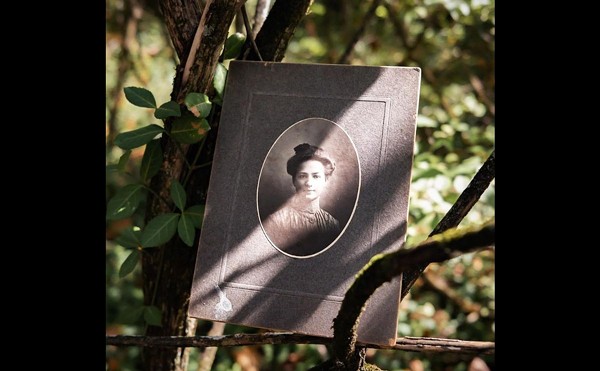After several years of attempts through multiple general assemblies, the Ohio legislature closed a loophole on Wednesday that kept spouses from being prosecuted for rape and other sex offenses.
In a unanimous Wednesday floor vote, the Ohio Senate passed House Bill 161, which eliminates exemptions for married couples, who previously were protected from prosecution unless the couples lived separately or certain force was used.
The charges specifically targeted in the bill are rape, sexual battery, unlawful sexual conduct with a minor, gross sexual imposition, and sexual imposition.
“With how the law is currently written, it seems to suggest that sexual violence within a marriage is either not taken as seriously as other sexual violence situations, or is all together non-existent simply because the perpetrator is the victim’s spouse,” said state Sen. Stephanie Kunze, R-Hilliard, during discussion of the bill on the Senate floor.
HB 161 also allows an individual to testify against their spouse during the prosecution of the sex offenses listed in the bill. Unlike current law, the bill also applies whether or not the spouses live in the same place.
Senate Minority Leader Nickie Antonio was one of a few legislators who has introduced a bill over the years to try to close the spousal loophole in Ohio law. She said the first memories she has of the state legislature approaching the subject of closing the loophole date back to the 1990s. While parts of the law that included the loophole were fixed back then, Antonio said, the spousal exemption remained.
Her attempt, Senate Bill 162, was introduced in 2019, and other measures, led by former GOP state Rep. Laura Lanese were brought forth in 2016 and 2021.
None of those bills made it out of their respective committees.
“We join a lot of states that already passed legislation like this, but we really take a step forward in eliminating this archaic loophole and giving justice to sexual abuse, rape survivors that is long overdue,” Antonio, D-Lakewood, said on Wednesday.
Before the passage of HB 161, Ohio was one of 11 states still with exemptions in state law for spousal rape and other sex offenses.
State Sen. Nathan Manning, R-North Ridgeville, was the chair of the Senate Judiciary Committee who moved the bill to the floor in a Tuesday hearing. He said when he first heard of Lanese’s bill to address the issue in 2016, he thought eliminating the exemption “was a no-brainer,” and he was surprised to see it take this long to come to fruition.
“This is outdated law, this is something that shouldn’t be in our books, and once the governor signs this, I’m glad it will be out of our books,” Manning said.
In hearings with the Ohio House Criminal Justice Committee and the Senate Judiciary Committee, advocates and survivors alike testified in support of the bill. Rape survivors said they felt as if they had no voice and could not pursue justice with the law as written, and rape crisis centers and advocates said Ohio law limited the options in terms of resources to get spouses out of abusive situations.
In the bill’s last hearing on Tuesday, the committee heard the only opposition testimony – a Cuyahoga County man who claimed the bill was “evil” and was a “direct attack on both marriage and the family” – before passing the bill unanimously on to the Senate floor for a full vote.
The bill had the support of the Ohio Domestic Violence Network, Ohio chapters of the YWCA, the Ohio Association of Chiefs of Police and the Rape, Abuse and Incest National Network (RAINN), among others.
The Ohio House passed the measure back in November, with the only vote against it coming from state Rep. Bill Dean, R-Xenia.
This story was originally published by the Ohio Capital Journal and republished here with permission.





